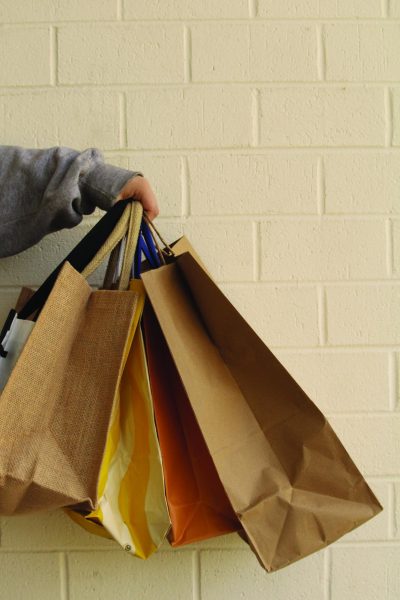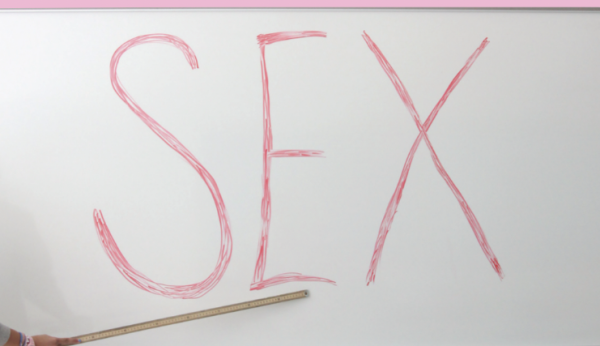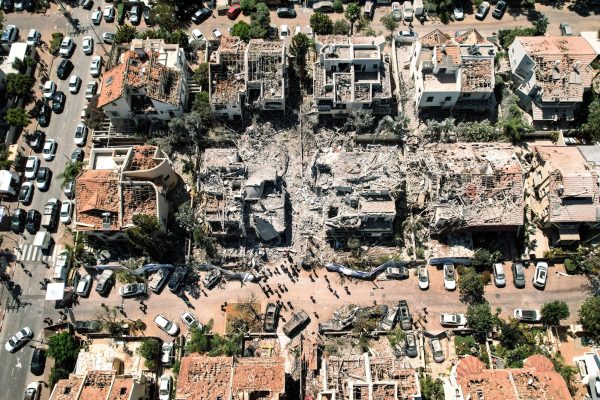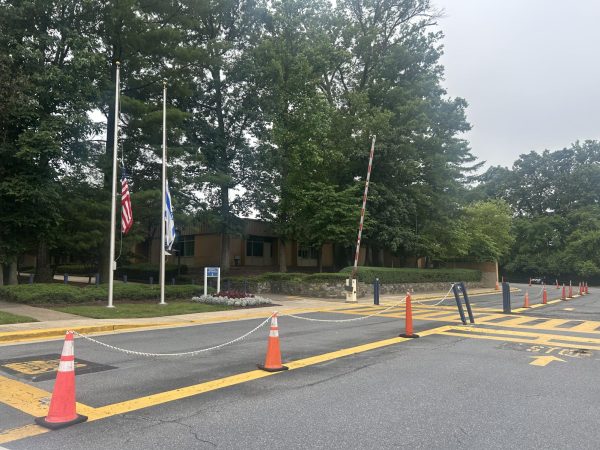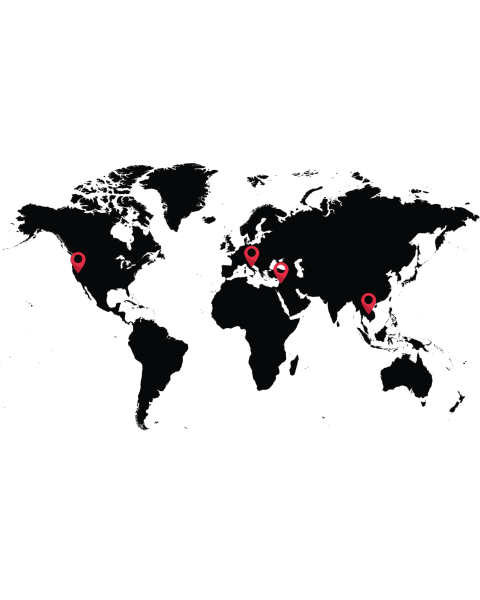Turn off the lights: Facing climate change
In months typically associated with an onslaught of snow days, students walk into school without winter jackets. January 2017 brought with it a local record of 19 days in a row above freezing.
In their recent unit on conservation, the sixth grade touched upon this phenomenon and the worldwide warming that has made streaks like this one not uncommon. According to science teacher Rachel Gill, the chapter tries to cover parts of many subjects, such as environmental conservation, renewable and nonrenewable energy and garbage.
Students also participated in interactive lessons such as labs where they measured water quality and discussed what effect varying water quality conditions have on aquatic life. In the garbage unit, students weighed the pros and cons of reopening a historic landfill in Montgomery County to provide an alternative for sending solid waste to an incinerator in Virginia. According to Gill, one of the positives would be reducing gas usage.
To help visualize global warming, Gill’s students watched a NASA time lapse of the melting of the polar ice caps.
“It was really cool and hopefully they got a lot out of it,” Gill said. “They’re definitely more informed global citizens now.”
According to Gill, the importance of teaching global citizenship extends specifically to younger generations, and to helping them “really understand that what they do affects the environment and try to get them aware.” Gill hopes that learning about the conditions of the planet and climate change will influence students to make small changes such as turning off the lights and using less hot water.
“What we actually do on a day-to-day basis, taking a shower, throwing away trash, not recycling, that actually does impact the environment and that we should at least try to change a little bit in our daily lives just so we can make our impact less,” Gill said.
The Upper School has already worked to combat everyday forces that contribute to climate change. According to science teacher Kelly Grosskurth, recycling bins in hallways encourage students to think more about where they are throwing their trash. In addition, sinks in the bathrooms automatically turn off if the water is left running for too long.
Grosskurth said that when she previously taught the seventh-grade science classes, the environment unit “definitely struck home with a lot of students.”
Grosskurth believes that in addition to working on conservation, students can focus on promoting efforts to preserve the environment.
“There’s a lot of other ways in which you can really learn about the environment and [aside] from the museums, there are other summer, kind of camp related, things and ways that people can become more involved,” Grosskurth said.
Sophomore Dora Mendelson became involved with the fight against climate change by reading articles about how it impacts the earth. Mendelson tries to be conscious of her water and light usage, which she said “can actually make a difference.”
“[Climate change is] happening around us and we can do things that will not necessarily improve to a huge degree but prevent complete erosion of the earth,” Mendelson said.
Although Mendelson notes that there are many students like her who are aware of climate change and passionate about the issue, she said that many are uneducated about the subject.
“I know personally many students who do not believe in climate change, even though it’s fact,” Mendelson said. “It is a controversial issue but it shouldn’t be because there is so much evidence. It’s 70 degrees in January, like what else do you need?”
To help the student body become more knowledgeable, Mendelson supports incorporating more subjects about the environment and climate change into the curriculum. However, she acknowledges said that the topic is difficult to fit into high school science classes, which do not cover related issues.
According to Gill, climate change and the environment are complex topics that are hard to be covered in a specific class. Her hope is that middle school students will become interested in these topics as a result of these classes and continue to research these topics on their own.
“Hopefully our conversations kind of lead them to maybe news articles that they see or maybe if they hear something on the news with their parents then they actually have something to add to the conversation,” Gill said.
To Mendelson, further education is important not just for discussions about climate change, but also to fight against climate change.
“If you’re aware of what’s going on in your surroundings, you can be more aware of yourself and how you’re treating the earth,” Mendelson said.



